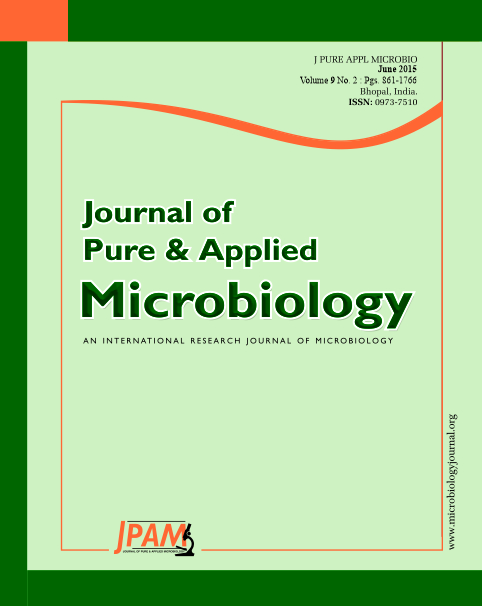Nowadays the global food demands of a growing human population and need for an eco-friendly strategy for sustainable soil-plant-microbes-environmental system, require significant attention when addressing the issue of enhancing agricultural productivity. One possible way to enhance crop productivity by chemical fertilization, but due to injudicious uses of chemical input in agricultural system detonated the soil, food, environmental and human health, chemical fertilization also increasing their prices 21st century. However, it is not possible to supply all the nutrient requirements of crops through organic manures. So by taking into consideration the above facts, integrated nutrient management (INM) has been developed. Here we discuss the role of INM in resolving these concerns, which has been proposed as a promising strategy for addressing these challenges. INM has multifaceted potential for the improvement of plant performance and resource efficiency while also enabling the protection of the environment and resource quality. Lower inputs of chemical fertilizer and therefore lower human and environmental costs (such as intensity of land use, N use, reactive N losses and GHG emissions) were achieved under advanced INM practices without any negative effect on crop yields. A comprehensive literature research revealed that INM increases crop yields by 8-150% as compared with conventional practices, increases water and nutrients use efficiency and the economic returns to farmers, while improving grain quality and soil health and sustainability. Strong and convincing evidence indicates that INM practice could be an innovative and environment friendly practice for sustainable agriculture worldwide.
Crop productivity, Soil quality, Sustainability, Microbes, Organic manures
© The Author(s) 2015. Open Access. This article is distributed under the terms of the Creative Commons Attribution 4.0 International License which permits unrestricted use, sharing, distribution, and reproduction in any medium, provided you give appropriate credit to the original author(s) and the source, provide a link to the Creative Commons license, and indicate if changes were made.


